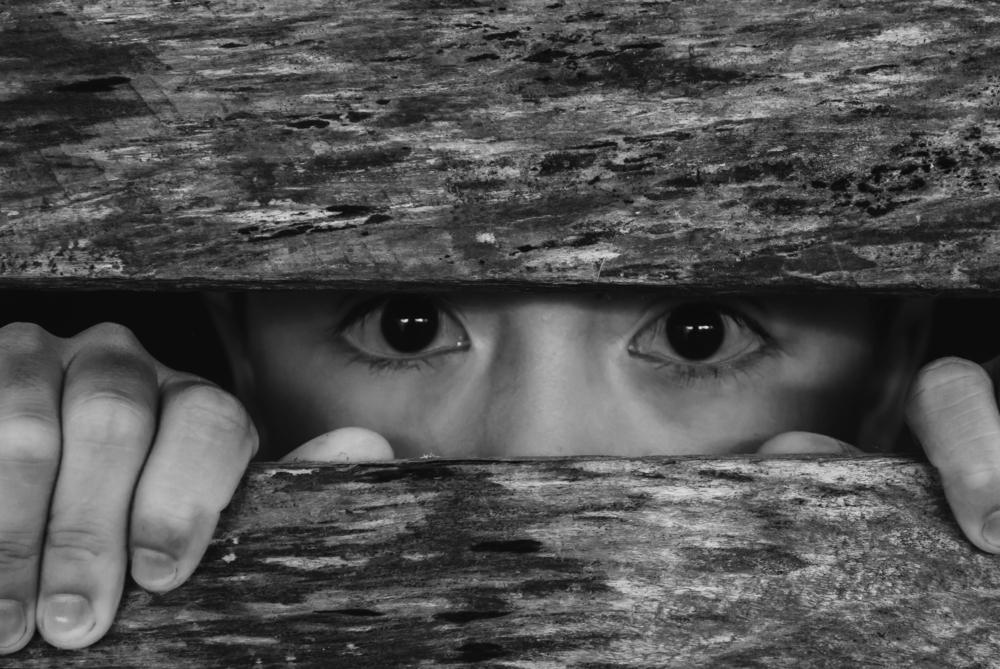Commentary
Flordeliza Arejola, 32, was one of several Filipinas recruited to work in the United Arab Emirates before being trafficked to work in Syria.

Flordeliza Arejola, 32, was one of several Filipinas recruited to work in the United Arab Emirates before being trafficked to work in Syria.